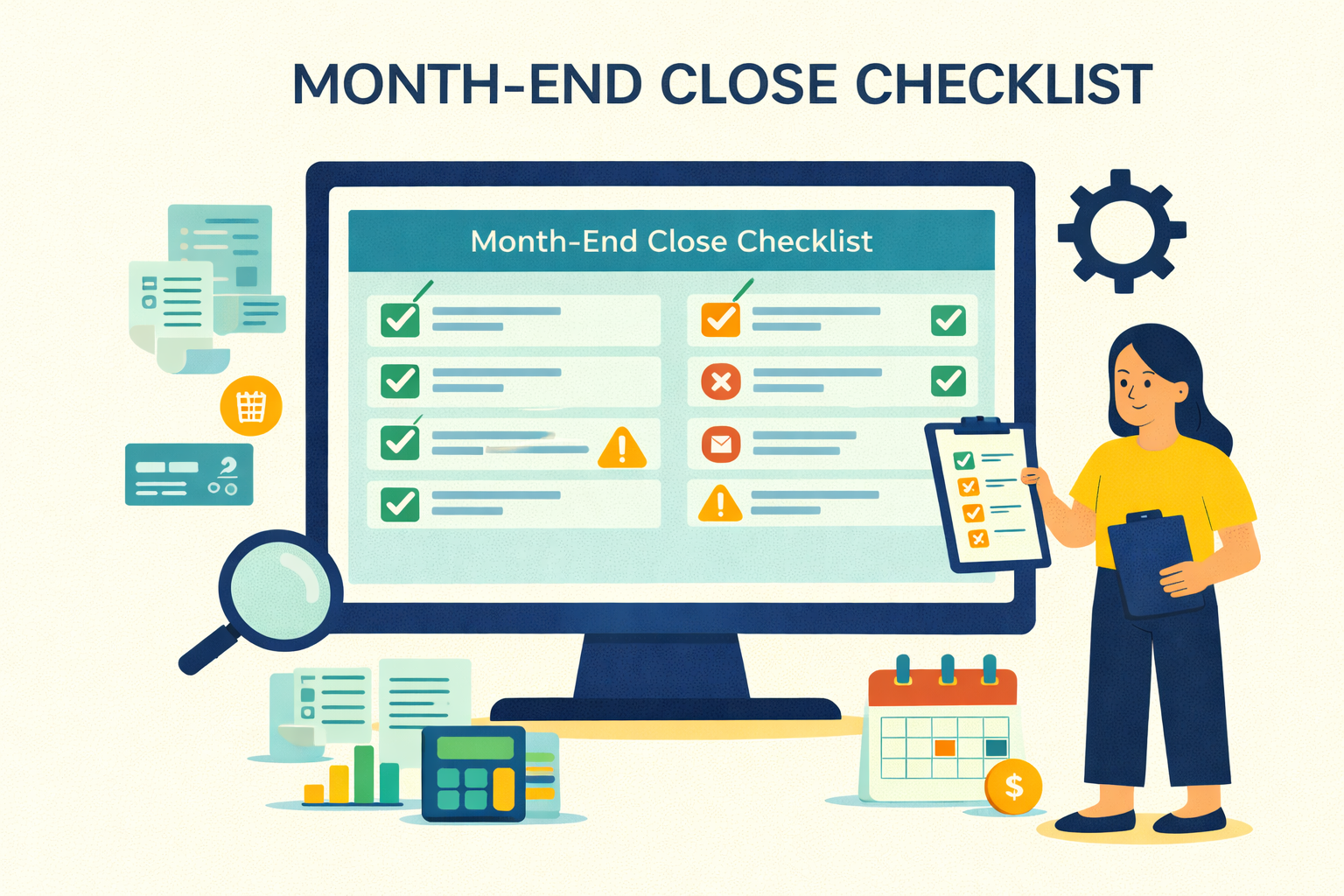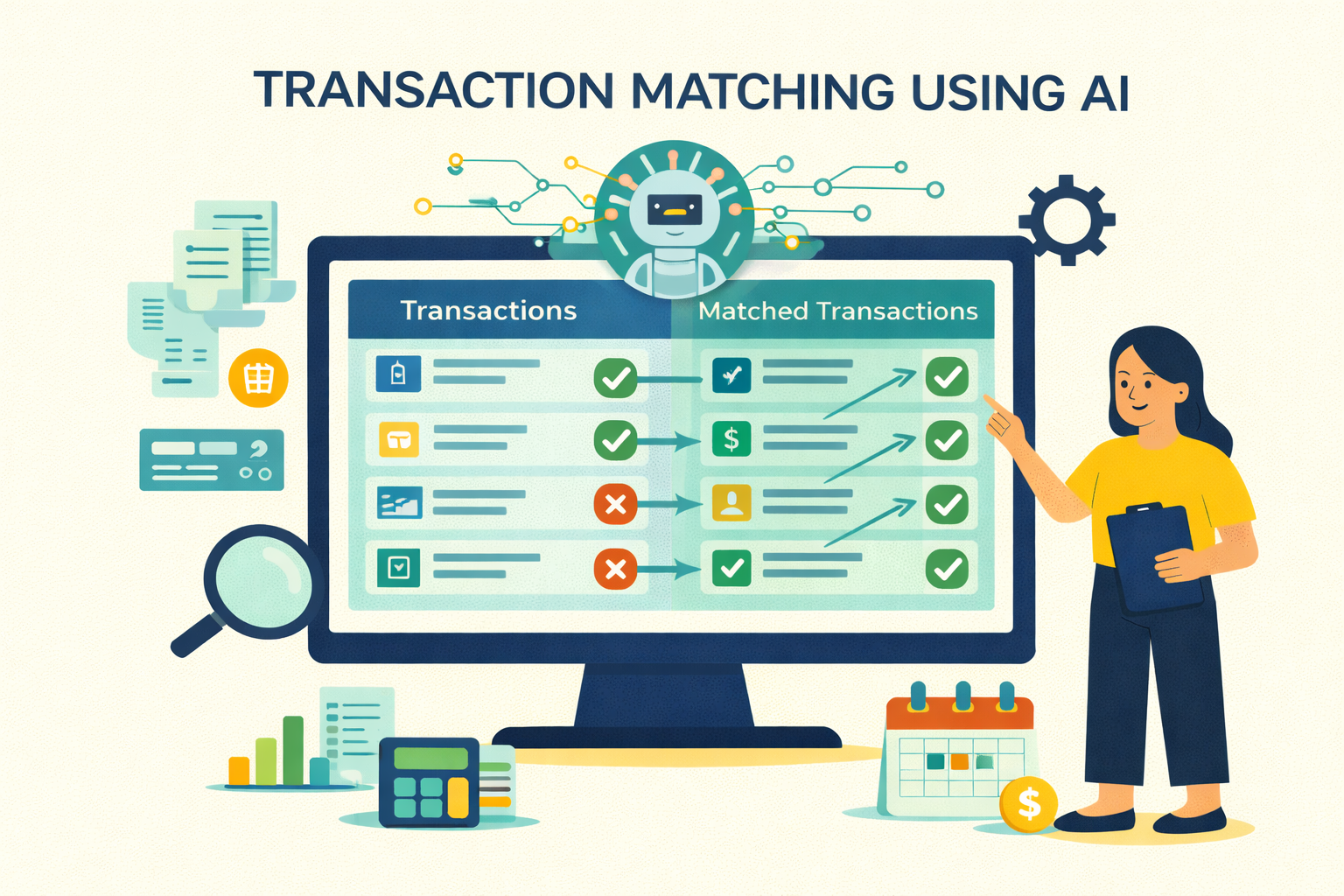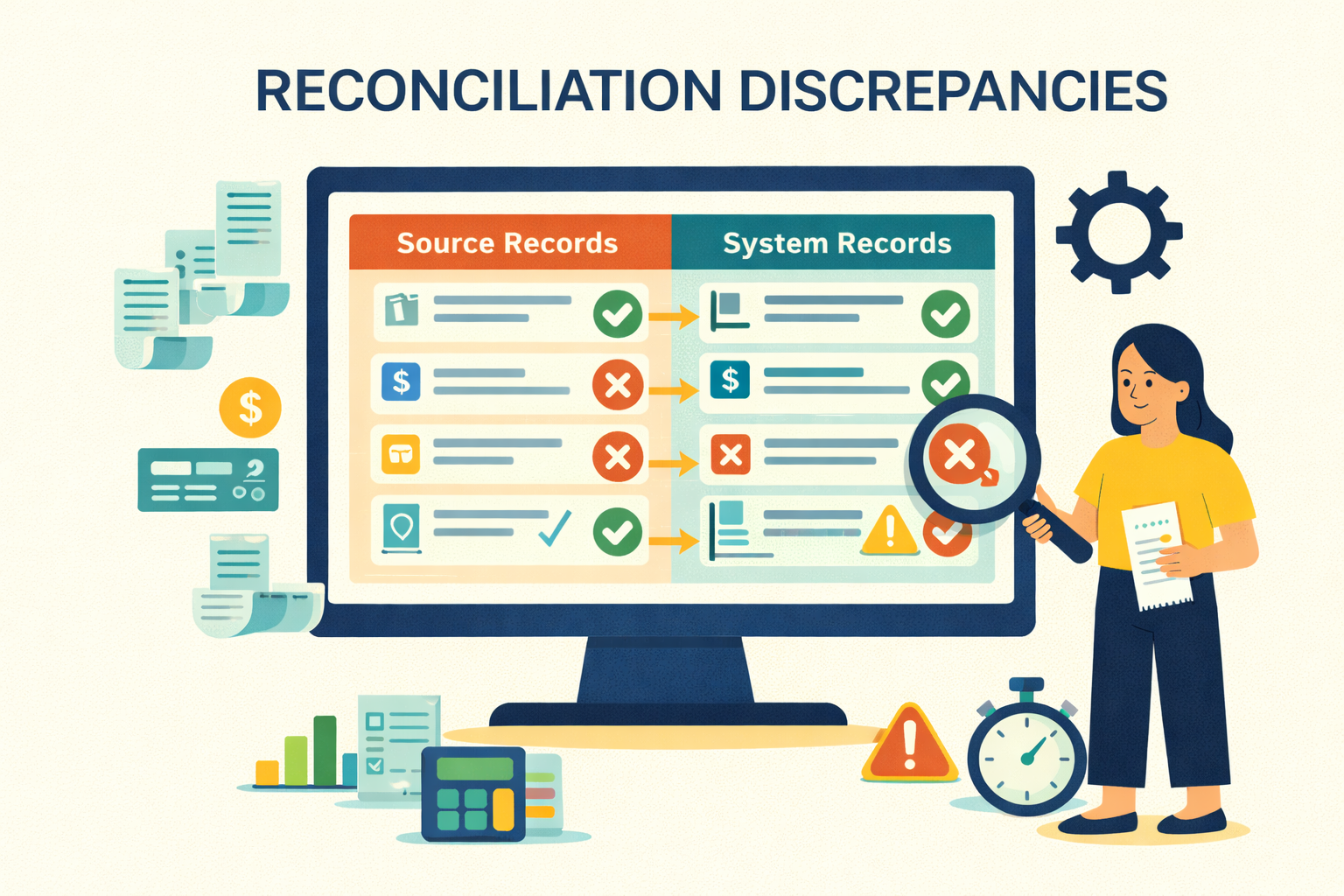Maintain Stakeholder Relationships with an Audit-Ready Business
What Does it Mean to be Audit-Ready?
Keeping your business audit-ready is like keeping your house organised and tidy all the time. When guests arrive, there is no need to quickly stuff your things into the closet. The house is already prepared to receive them. Similarly, having your financial records and processes in order means you can quickly provide auditors with documentation whenever necessary.
An audit-ready company prepares its financial and operational records correctly and complies with laws and regulations. All necessary information is readily available to auditors. Usually, strong internal controls are put into place to ensure that financial transactions are properly tracked.
Why is it Important?
If you want to demonstrate to your stakeholders that your business is ethical and transparent, you should always be ready for an external audit. That means your financial statements and other records will be examined by an independent third-party auditor. This may be carried out by the government or initiated voluntarily to prove your financial stability.
Being audit ready ensures that your financial records comply with regulations. This helps to avoid fines and legal liabilities that can result from non-compliance. Preparing for an audit involves reviewing and verifying financial data. This can help identify errors or inconsistencies that you can correct early-on. Potential risks and vulnerabilities in your company's operational processes can be caught. You and your team can take corrective action before the issue snowballs. Having well-organised records can make the audit process quicker. Your company can carry on its operations without being disrupted by interruptions due to incomplete records.
Most importantly, being audit-ready demonstrates your company's commitment to transparency and accountability. It builds trust with investors, customers, and other stakeholders.
What Happens to a Company that is not Audit-Ready?
The consequences of having inaccurate records can be dire and crippling. Your company may face hefty fines, bankruptcy and even criminal charges.
For example, In 2014, Tesco’s share prices and reputation took a hit due to aggressive accounting practices and a lack of internal controls. Senior management had set unattainable profit targets because of a push from investors. This led employees to create a culture of "stretching the rules" to meet targets. Some of them recorded commercial income from suppliers before it was actually earned. When the company realised this, they appointed a third-party to investigate their records. They discovered that Tesco had overstated its profit by almost £250 million. They were forced to restructure their management and pay a hefty compensation to affected shareholders. The Tesco incident acts as a reminder to companies to maintain transparency in their accounting practices. It proves the need for strong internal controls on the financial reporting process undertaken by employees.
This control may be hard to establish for many companies as they still rely on manual processes to keep their records in order. According to a survey conducted by KPMG in 2018, about 60% of Indian companies do not utilise modern accounting processes. Instead, they use manual methods to perform their financial close processes.
Manual data entry is prone to irregularities due to human errors. It involves collecting data from various sources, analyzing them, and writing reports. The bigger your business is, the more overwhelming the task. Data can easily be misinterpreted, incorrect calculations can be made, and details may get lost in translation when transferring data from one source to another. This can lead to inaccurate financial statements and potential audit issues. Additionally, this process is time consuming and can steal valuable hours. Your financial team should be working on making business decisions that actively grow your company, not manually going through and compiling records. If a mistake is made, it could take up even more time to rectify. When your business grows and becomes more complex, manual preparation of financial statements may not be easy to scale. The demands of audit preparation can be quite high. An expanding business may not be able to spend time on investing in more resources.
If you keep your business audit-ready manually, the data may be stored in different locations, making it difficult to access and share. This can make collaboration with auditors and other stakeholders challenging. Manual preparation of financial statements can also pose security risks. Data can be lost or stolen, and without proper controls and processes in place, you may not be able to detect unauthorised access to your financial data.
How Can You Simplify this Process for Your Company?
To ensure that your company is audit-ready with perfectly prepared financial records, you can choose to automate the process with Osfin . Your business can reduce the risk of errors, improve efficiency, and better prepare for audits with AI-powered account reconciliation. Use insights and data to make well informed decisions and conduct an accurate cash flow forecast.
Gain full control of your financial operations with 360 degree cash flow visibility. Secure your data and establish internal constraints with role based access control. Automation can help your company easily scale up to accommodate changes in size or complexity. As your company grows, Osfin grows with you. Advanced solutions can help you effortlessly track and organise documents with different file formats from multiple sources.


